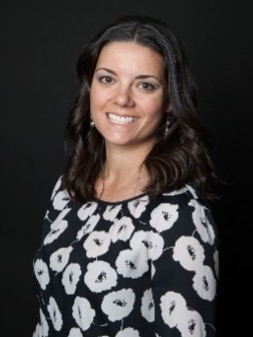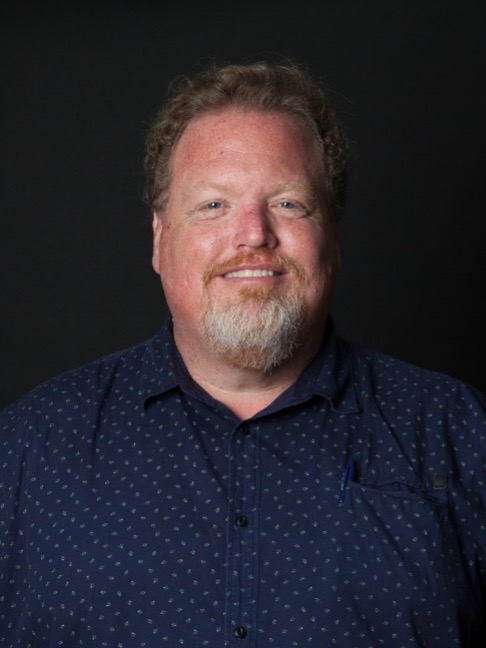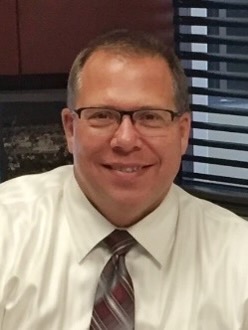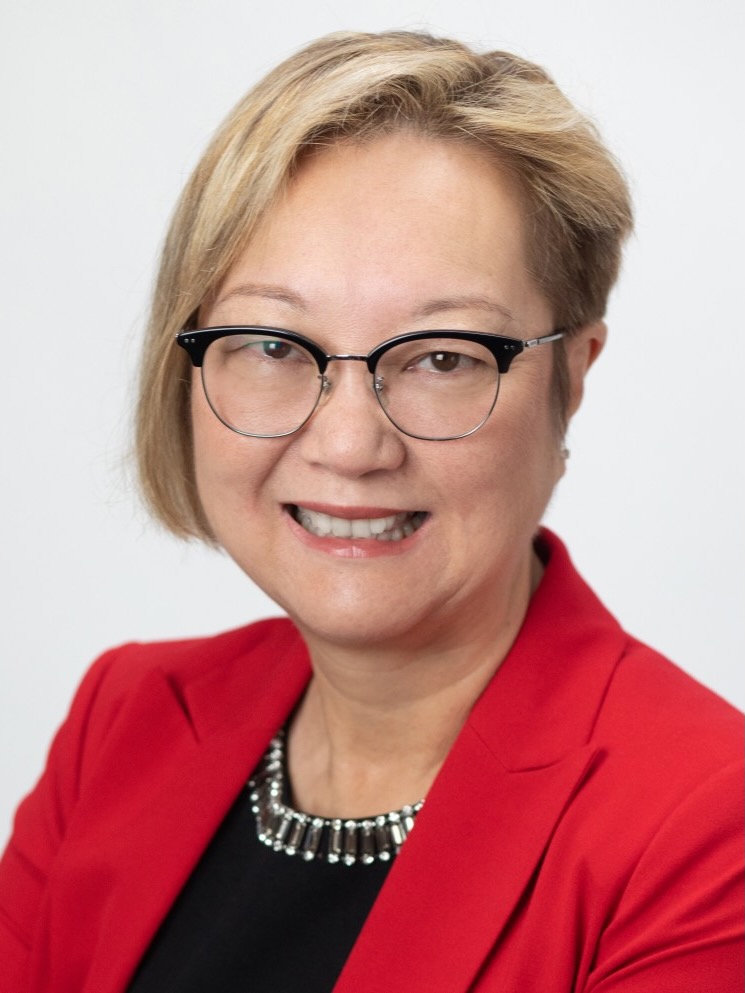
Presenters: Jacqueline N. Gustafson, Troy W. Hinrichs, John Shoup, and Mary Tabata (Moderator)
Date: Wednesday, 26 January 2022
Organized by the ILA Philosophy, Religion, and Worldview Member Community
Visit Amazon or your favorite bookstore to buy the book on which this webinar is based.
Share:
Requires Member Login.
Not a member?
Join today!
Wisdom, the highest level of enlightenment, is noticeably rare among leaders and society at large. Wisdom is critical if leaders and followers are to lead and follow well. Stories of leaders’ lack of discernment and sound judgment abound throughout history and all too often in current events. The three presenters bring their philosophical, theological, and social science backgrounds to unpack the nature of wisdom from the respective traditions and synthesize what the three traditions have in common when it comes to wisdom.
Comments such as “what were they thinking?” and “why did they do that?” reveal that wisdom is often painfully lacking when it comes to making decisions and exercising leadership. A primary reason that wisdom is not as common as it could and should be is because most people do not understand what wisdom is and consequently how to acquire, practice, and teach it.
Philosophers, theologians, and social scientists have not made the topic easily accessible for others to understand. Philosophers, the so-called experts on wisdom, are often too lengthy and abstract in their teachings on wisdom. Theologians, the so-called masters of wisdom, make it sound like it is only for the religiously motivated and enlightened. Social scientists, so-called students of wisdom, tend to be overly technical and almost formulaic in their attempts to quantify and qualify wisdom.
What is amazing is that each tradition teaches similar things about the nature of wisdom, something often missed for reasons just cited. Unsurprisingly, an accurate, clear, and useful model of wisdom emerges when the teaching and research on wisdom from the philosophical, theological, and empirical traditions are integrated.
This presentation explores the nature of wisdom from the philosophical, theological, and empirical perspectives and synthesizes the learning into a simple and cohesive model for students, parents, educators, professionals, leaders, and everyone else to understand, acquire, practice, and teach wisdom.
Outcome of Attending
- A deeper appreciation and understanding on the nature of general wisdom.
- Principles to acquire, practice, and teach wisdom.
- Personal, professional, and institutional examples of wisdom.
Speaker Information

Jacqueline N. Gustafson, EdD, Professor of Psychology and Dean, College of Behavioral and Social Sciences, California Baptist University
Jacqueline N. Gustafson is the Dean of the College of Behavioral and Social Sciences, Professor of Psychology, and Fellow at the Dr. Paul and Annie Kienel Leadership Institute at California Baptist University. Her areas of expertise include higher education leadership and serving marginalized communities. She has conducted fieldwork in Brazil and with historically significant communities in Southern California and is the founder of an artisan social enterprise partnership in Ethiopia. She has a Master of Arts in Psychology and Certificate in International Community Development, from Northwest University, and a Doctor of Education in Educational Leadership, emphasizing Global Studies, from Seattle University. She and her husband, David, make their home in Southern California along with their two boys, Abraham and Marjok.

Troy W. Hinrichs, JD, Professor of Criminal Justice, California Baptist University
Troy W. Hinrichs, J.D. is a Professor of Criminal Justice and is a Fellow at the Dr. Paul and Annie Kienel Leadership Institute at California Baptist University. Troy teaches Criminal Law, Legal Reasoning and International Law at the graduate level, Constitutional Law, and Law and Literature at the undergraduate level and International Law in California State University San Bernardino’s MS in National Security Studies program. He has conducted research and presented on leadership and literature as well as the insanity defense. Troy earned his Juris Doctorate from the Texas Tech University School of Law and has degrees in English and Philosophy from Hardin-Simmons University.

John Shoup, PhD, Executive Director of the Dr. Paul & Annie Kienel Leadership Institute, California Baptist University
John R. Shoup is the Executive Director of the Dr. Paul and Annie Kienel Leadership Institute at California Baptist University in Riverside. John also teaches leadership, ethics, and educational history and policy at the graduate level and has conducted research and workshops on ethics, wisdom, and leadership development. John has served as a university dean, middle and high school principal, and social worker in various service settings. He an author and frequent presenter on topics related to leadership. John has a Ph.D. in Education with an emphasis in Educational Administration and Policy Studies from the University of California, Riverside. He also has a Master of Divinity and a Master of Arts in Counseling Psychology from Trinity Evangelical Divinity School in Deerfield, IL. He has been married for 29 years to Margarita and has one daughter, Rebecca.

Moderator
Mary Tabata, MBA, Chair of the ILA Philosophy, Religion, and Worldview Member Community and Adjunct Faculty, Organization Theory & Management Theory, Pepperdine University

